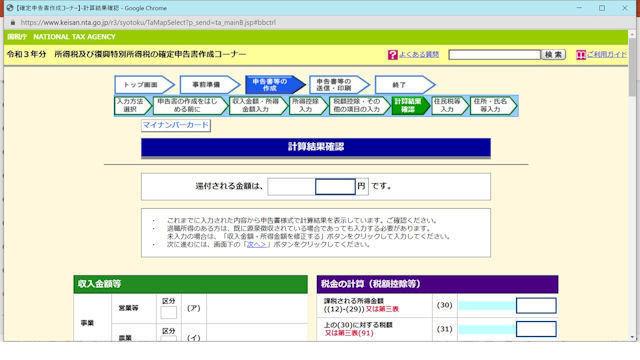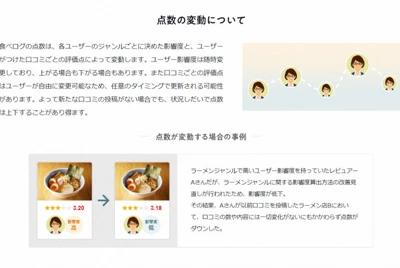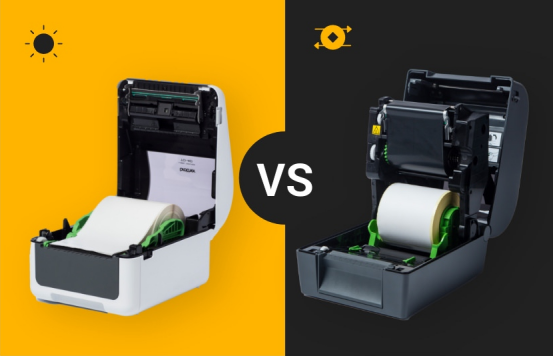What is the "Topics" of Q&A:Google? -New suggestion for Google Advertising location | DIGIDAY [Chinese version]
In a world where privacy is becoming more and more important, Google has been trying to find a way forward for targeted advertising and has been fair and square while receiving a lot of (loud) criticism. Google's proposal to replace advertising targeting with a third-party Cookie was too intrusive, and then introduced an alternative called "Topics" to restore the pendulum.
With the deadline for Google to cancel third-party Cookie approaching next year, it is worth confirming once again how Topics will be included in the company's "privacy sandboxie" portfolio to replace Cookie.
いつものQ&A方式で解説していきます。
Advertising (Advertisement)
What is the Topics of Google?
Topics is a Google testing tool that identifies people online on behalf of third-party Cookie. The company hopes to protect people's privacy through the tool while maintaining the ability of companies that can buy and sell targeted advertisements.
Third-party Cookie has been a data link in the online advertising ecosystem since its inception in the 1990s, and Google, a widely used "Chrome" browser, decided to ban third-party Cookie in 2023. However, it is difficult to reach a consensus on the direction that the industry should develop in the future.
But Google has tried something like this before, right? Use a tool named similar to a flock of birds (Flock) (FLoC).
Okay, um, but let's explain the situation here.
Google as an alternative to Cookie, the previously proposed FLoC (Federated Learning of Cohorts: joint learning of the queue), if it is still compared to the world of birds, is like putting cats in a birdshed with a lot of pigeons. This is because the privacy issues of the concept of FLoC itself (ironically) do not meet the requirements of legal provisions such as the European privacy law GDPR.
Unlike the Cookie-based Cookie-based approach, according to the user's browsing history, FLoC divides people into different interest groups according to the browsing history (this group is made up of those who are interested in buying a car and those who are prone to impulse purchases. Is called a queue). People think that such groups can be said to be hidden clothes, improving the anonymity of the Internet. However, we find that countless small holes have been made in this privacy shield.
For example, since the trial phase, researchers have been concerned that FLoC data may be associated with personally identifiable information. If so, people's web site visits and information about their concerns may be maliciously disclosed. This raises a new concern that queue-based targets may be used to discriminate against specific groups of people.
On the other hand, FLoC introduces the concept of using machine learning to group users according to their interests according to their browsing history. We have also made an important recommendation to enhance the protection of personal information by performing grouping on users' computers and smartphones to ensure that data is not sent to computers of other companies such as Google.
That's how it is. So, please tell me the structure of Topics. What is the difference with FLoC?
There is no supported Google on FLoC, so I went back to the origin to develop Topics. Just like FLoC, ads are located according to the content categories that people check online, and the category information is stored on the device. However, unlike FLoC, we recommend using a rougher category.
How does Topics work?
Web browsers, such as Chrome, use Topics API (a means of using the Topics toolset) to select multiple topics based on their browsing history, including "cars and vehicles", "basketball", "news", "women's wear" and other topics that best reflect users' interests. You can also determine the theme of the site based on its host name. For example, if the host name is "dogs.com", it is classified as a "dog" topic. However, companies may also be able to declare topics associated with our website.
The browser selects five themes per week for each user. One of them is randomly extracted to eliminate companies that try to use Topics to identify individuals. Then, select a topic or category of interest and associate it with the user for a week. Note that users can change the theme associated with them or disable the ad targeting feature itself.
Each theme is saved for three weeks, so when a user visits the site, the Adtec company that locates ads on the site or on the site can view three topics related to the user through Topics API. However, the topics they can view are limited to Adtec company code associated with the site or related to other sites.
Therefore, even if a user associated with the three themes of "dog", "theme park" and "wedding" visits a political news site, the site will not be able to confirm any of the user's themes a week later. However, if users associated with the "political" theme visit the news site again next week, the site will at least be able to view the "political" theme.
How many topics do you have?
Currently, Topics API has 350 topics of interest. In response, FLoC provided more than 30, 000 classification groups during the trial. The criticism of FLoC API is that because of the fine granularity, reverse engineering of data and identification of user data are possible. Having said that, the number of 350 topics is only a starting point. Eventually, thousands of topics may be added to the list. Google also plans to remove multiple sensitive topics from the list and delegate topics contained in the list to external agencies.
What kind of reaction can you see so far?
Almost all the reactions have not gone out of the way of speculation. The trial hasn't started yet, and it's not clear when Google will allow third-party developers to test Topics API.
However, due to the low granularity of Topics, the advantage of advertising positioning is limited, advertisers and media owners worry that advertising prices will no longer rise or fall in some cases. Most advertisers will pay more for more targeted advertising.
In addition, executives of advanced technology companies working with publishers asked Google to clearly explain the extent to which the flow of user data can be controlled in the case of integrated Topics API. What is worrying is whether third-party websites can use the data extracted from publishers through API to expand advertising sales of third-party websites themselves. In the end, third-party websites may become direct competitors.
What kind of preparation should be made?
One of the strategies that advertisers and publishers may adopt is to collect as much first-hand data as possible, just as Chrome announced in January 2020 that it would remove third-party Cookie support.
Publishers are optimistic about the ban on third-party Cookie in Chrome and see it as an opportunity to sell advertisers access to their first-party data. Advertisers are under pressure to lose the opportunity to reach potential customers online if they don't adapt to the outdated world of Cookie. Adtec is most vulnerable to the capriciousness of the Chrome team. For them, the best advice is to act quickly, succeed in getting out of adversity, and be prepared to change direction if necessary.
In the end, companies at every level of the online advertising industry need to work with Google to prepare to move forward. If you are just critical and dissatisfied with Google's control of the industry, you won't get a share any time soon.
[WTF is Google's Topics?]
RONAN SHIELDS and TIM PETERSON (translated by Sato Zhuo / Galileo, edited by Nagata)
 notebook-laptop
notebook-laptop






